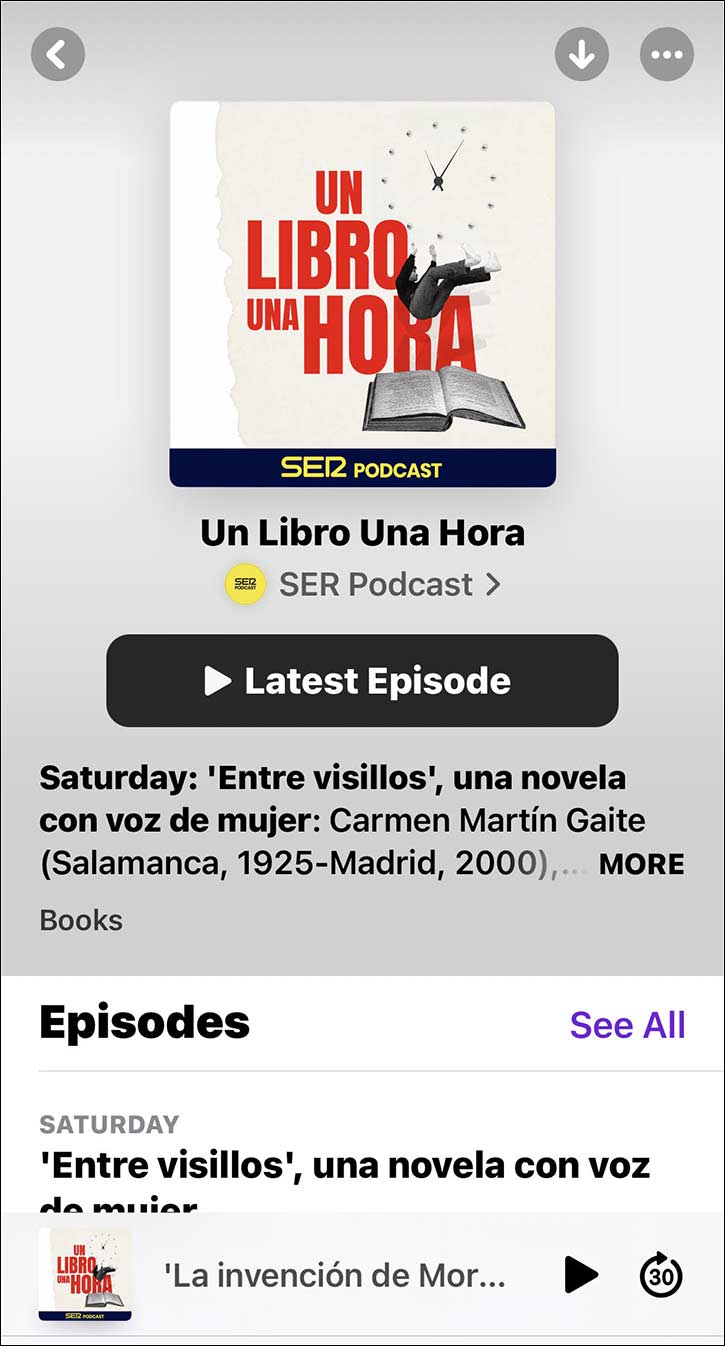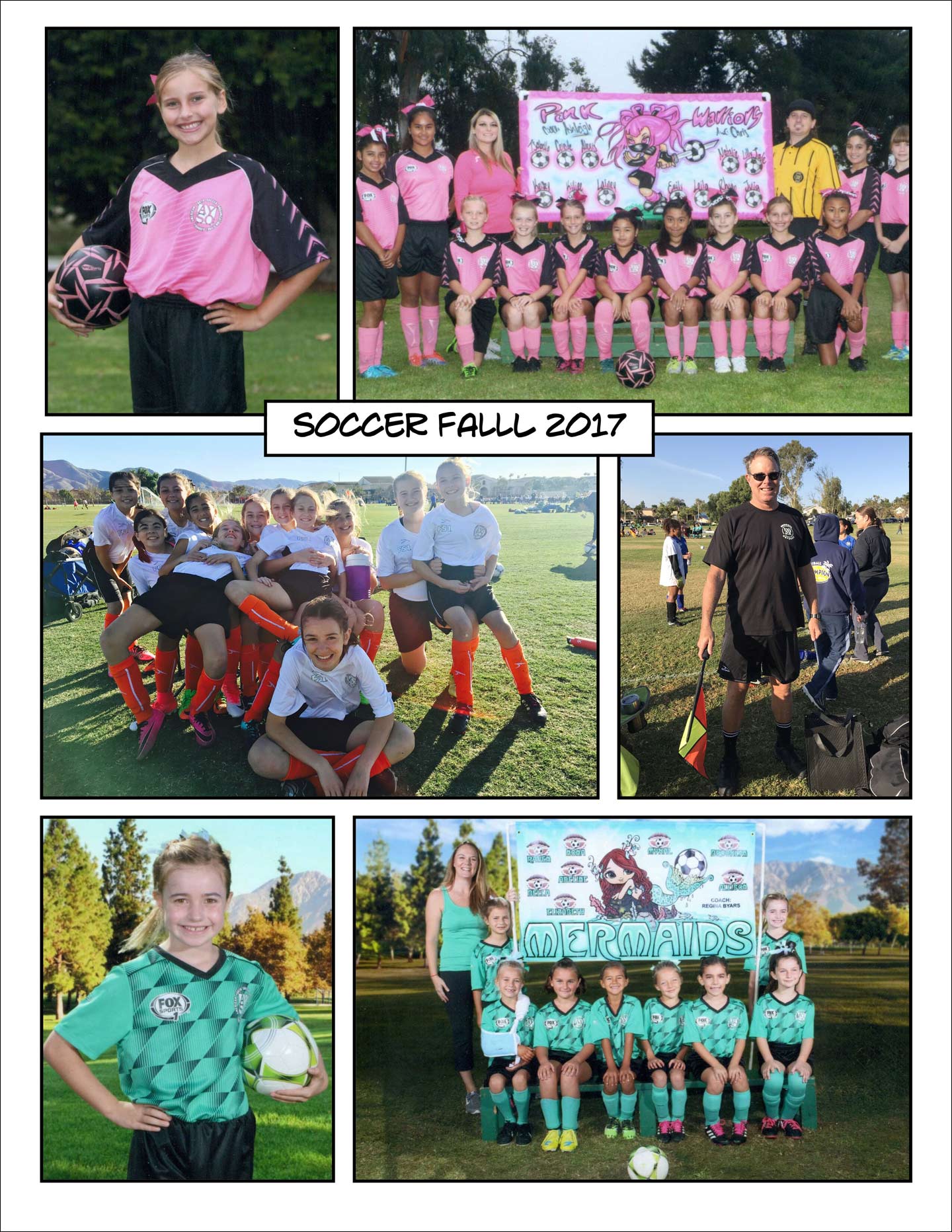(This is the second of a 2 Part Essay. Read Part 1 here.)
I have never made much money, taking into account my level of education. Public school teachers are not paid all that much money in the United States. That is one of the many negatives to working as a teacher. I can hear many critics claiming that I make way more money than they do, or more money those who are unequivocally poor. True enough. But for having a Master’s Degree and more, it ain’t much. Almost all my friends and family make more money than I do. There are many other negatives to being a public school teacher besides the pay and these are widely known.
But there are positives, too. You are almost impossible to fire, first of all. Secondly, you live the academic lifestyle with lengthy vacations and breaks. Thirdly, after some three decades of service you can retire with some 60% of your income for the rest of your life. You get a pension. And you can retire around 61-years of age. That is not bad. Almost nobody I know has a pension. Many Americans will never be able to afford to retire. They will work literally until they die.
Not me.
I might be retired in five years. I definitely will be retired in ten years.
I am excited by the fact.
I have not done anything but be a worker-bee for some three decades. Work, kids. Work, kids. Especially work. I am just ready for something different.
Anything different.
But that goes against the bargain the public school system made with me: you will always be there as part of a stable dependable workforce, and we won’t ever fire you. But we will not invest in your skills nor will we switch it up; you will be doing the same thing all the way up until you retire. Year after year. It was nowhere near as bad as the socialism in the old Soviet where “you pretended to work, and they pretended to pay you.” But there was an element of that involved. I imagined there was some fireman somewhere who had been doing the job for several decades and was tired unto death of seeing dead people in auto accidents and working forest fires which stretched for miles and miles, and he was bored and waiting out his retirement. This veteran fireman (a protected public employee) could tell his boss off to his face, more or less, but the job at the firehouse was not going to change. They weren’t going to switch it up for him. After several decades of service he is looking at the finish line. Retirement.
As a teacher in my classroom, it was perhaps not so different. So I had been stagnating for some time. I had had no change for decades. I had little to no investment in me by my bosses, and next to no opportunity for professional growth; it was another group of students, another year of teaching. Same ol’, same ol’. Another year I spent in my classroom. There was one major nugget of value in my teaching by this point: my daughters were with me at my high school. That was major. When they were done there, I would be done, too. Until then I would do what I could to grow personally and professionally.
But I was so ready for a change. I always wanted to do a good job for the young people in front of me in my classroom, and I often did enjoy navigating topics with them which were to me totally engrossing. That is why I became a teacher – no regrets. But after almost 30 years?
I looked forward to what might come next.
In fact, I would fantasize about the next stage of my life.
Something different.
By then I was keenly aware I would not live forever. Better do something worthwhile with the time I had left.
So I had a coping mechanism to get through those last years on the job: I started seriously studying Spanish again.
First of all, this kept my brain active. If I grew bored, my mind could engage. Spanish again became brain exercise combined with a hobby which engaged me – just like when I was back at Nikken, USA when I was 24 years-old. But now I was 54-years old.
My Spanish was a bit rusty. But it was still there – almost all of it.
So I re-engaged.
The media landscape had changed hugely since the 1990s. So how I accessed the Spanish-speaking world also changed.
No longer did I listen to my car radio. For many years I listened to radio broadcasts over my iPhone linked into my car audio system via Bluetooth link. So no longer did I have to listen to some cheesy AM Spanish radio talk show from Los Angeles broadcast over the airwaves with my car radio. Now I could listen to the news in Madrid or Mexico City over the Internet using TuneIn App. That was WAY better than in the past. But just like in the past, in daily listening to Spanish radio this could add up to thousands of hours of language instruction.
Did I understand everything that was being said?
Well, it depended. At times I would be pleased to observe that I could understand almost everything. I could follow every nook and cranny of the dialogue. But other times I would be crestfallen that for whatever reason I could understand little of that was said. Maybe they were talking about some esoteric topic with vocabulary I had no idea about – or maybe it was referring to some local affair where I knew what the individual words meant but had no idea as to the context or larger purpose of the conversation, and so I felt lost at sea. My confidence in my Spanish plummeted.
This is the truth of the matter: being “fluent” in a language is a point on a spectrum. There are those sort of fluent, mostly fluent, and completely fluent. There is also a big difference between being conversationally fluent in day-to-day matters and being able to read and converse at a deep level theoretically. Furthermore, understanding Spanish in inside San Jose, Costa Rica society can be very different than navigating in that language in Barcelona, Spain or Santiago, Chile.
But I wanted to be able to travel in Latin America and be able to operate without language difficulties. I wanted to listen to the news and understand all of it – or almost all of it. So I had work to do to move from being “sort of fluent” to “mostly fluent.” I would never really arrive at “totally fluent.” I had met persons from Latin America who spoke a very studied and erudite English. They might not understand informal slang on the American street and had an accent no amount of practice could completely erase, but they had read Charles Dickens and F. Scott Fitzgerald in English. They had accomplished a lot. I had much respect for them. I would try to be that same person moving in the opposite direction culturally and linguistically.
To do that I would need to do all I could to live, breath, and sleep in the currents of educated Spanish in the world hispanoparlante. So that is where I focused my time and energy. I was not going to find much of it among the immigrant communities of mostly impoverished Mexicans living in the United States. I might find plenty of cheerful bonhomie among the typical hard-working, humble people of that community. But I would not find much formal education or dazzling erudition. But I could find that kind of Spanish on the Internet and in books.
And I could find it in Latin America itself, or course.
I started making my vacation plans for south of the border. What is another one of the advantages of being a teacher? As I mentioned earlier, I get a fair amount of vacation time. Why not begin to spend most of my vacations along some beach in Mexico or in the rainforests of Costa Rica?
Thank you, I don’t mind if I do.
This would serve two purposes: firstly, a sort of exposure to Spanish I was not going to get in the United States, of course. But secondly, I could start to get some first-hand experience in Latin America which might serve me well in the latter part of my life.
If I have a pension and some investments, and this money comes in every month no matter where I live, why not spend significant time in Latin America as a retiree?
Now I have been to Chile, Argentina, and several places inside Mexico. But Central America was a total blank. And neither had I been to Columbia, the Dominican Republic, or most of those other Caribbean nations. Some of those countries – Guatemala, Honduras, El Salvador, Nicaragua, Venezuela, Cuba – are dumps that are either crime-subsumed free-for-all or all-out socialist-state misery – desperately poor all of them. There is a fair amount of criminal violence and/or political repression in many of these “Third World countries.” But the situation is very different and better in nearby places like Costa Rica or Panama. They are safe and relatively cheap. Parts of Latin America have beautiful beaches for sun-seeking tourists and friendly populations for American expatriates. I would go to those places.
Latin America was closer than Spain. It was also cheaper than Spain. So I would go to Latin America, not Europe. I have seen tons of Americans moving to supposedly cheap and fun Portugal, but I can’t navigate the Portuguese tongue – and I want to be able to speak the local language. So I will go south, not east.
Of course, that might change. Experience is a good teacher. We shall see what we will see.
So for preparation I tried to immerse myself in the Spanish-speaking world – just like when I initially learned Spanish “por mis puños.” Listening to the national news from Madrid or Buenos Aires was effortless to access and high-quality in production. I spent much time with the Cadena SUR network from Spain, which was outstanding and sported a whole spectrum of radio shows on different topics. I enjoyed them immensely! Weekends, unfortunately, seemed to be dominated by soccer matches and news thereof, and that was of little interest to me. So I sort of started to gravitate to Spanish-language podcasts. For example, there was El Washington Post podcast: compact, efficient, timely, and high-quality. Or the Radio France Podcast in Spanish, which was surprisingly good. I listened to every single Un Libro Una Hora episode. I went out into the world over the Internet and found what I needed. Teachers abounded. There were so many high-quality Spanish-language resources out there. My cup runneth over. I am so thankful.
Swimming in the river of fluent spoken Spanish – the same one native Spanish speakers swam in everyday – was super-helpful, as it had always been. Hour after hour I would just be more comfortable with the cadence, rhythm, grammar, and vocabulary of Spanish. The brain is a powerful and subtle tool, and you would be amazed at the 3D learning which takes place when immersed in a different language and culture. The brain adapts over time, the neurons fire and connect; one learns, one grows. The conversational Spanish was crucial, because most of the navigation in a foreign language takes place through conversation.
But the written word was also important. If I wanted to improve, I need to focus on advanced grammar topics and building my vocabulary. All the time in listening to Spanish I would hear words I did not understand, and I would not understand it next time I heard it. But in Spanish literature I would go more slowly and write down the words I did not know. I would study those words until I had them memorized, so that I would know them forever on. I would focus on the subjunctive in the present and past tenses, as those were such difficult cases for the adult learner. But once I began to understand the grammar in principle, then I could begin to appreciate and apply the grammar rules across the board with all the verbs tenses. In English I could use the subjunctive tense because it just sounded right. In Spanish I had to learn the iron logic of the grammatical rules which would help me to create order out of chaos in more advanced Spanish. I would embrace the rules until “it sounded right” to my ear, as it does in English. It would take awhile. But I would get there.
So I started into the books. I read a cheesy disturbing thriller by Gillian Flynn called “Heridas Abiertas.” I read “Lo Que No Borró El Desierto” by Diana Lopez Zuleta, a journalist who recently tracked down the murderer of her politician father in Columbia. I also read “El Libro de la Alegría: Alcanza la Felicidad Duradera En un Mundo En Cambio Constante” by Dalai Lama, Desmond Tutu, and Douglas Abrams. This book was a strange mix of commonplace observations unworthy of mention and profound insights into the human condition. I understood maybe 85% of everything I read. I also read a confusing mystery about corruption in the Scottish police “El Eco de Las Mentiras” by Ian Rankin. I understood most of what was being said, but I did not get much of the complicated nuance in the complex relationships between all the cops: it was a good lesson in what it is like to be a struggling reader wrestling with difficult texts. Subtle points were lost to me – I missed the point, when the author assumed I would get it. I did not have the language skills to “read between the lines” – I was struggling just to understand what the words meant at face-value. So the whole story became blurry when so many details escaped me, and I enjoyed it much less when I understood it less. But I would get better with time and practice. I would study the vocabulary so I would know those words next time. I knew I would encounter those words again, so I would study and memorize them. I would try to avoid the laziness which said “just skip it and continue with the story.” No, Richard, look that word up and add it to your vocabulary lists. I had pages and pages of new vocabulary words which I would review again and again. Repetition, repetition. The good news was that as opposed to complicated verb tenses it was pretty easy to memorize a word.
“Who knew there could be so many words in Spanish?” I thought to myself naively. Here are some recent new ones for me –
apodo – nickname
hocico – snout
helecho – fern
“‘Fern?’ How often am I going to use that word in Spanish?” I would ask myself.
Learn it anyway.
Well, dear reader, wish me luck.
I have my tickets booked for Latin America this summer. We shall see how well I can move in a Spanish-speaking country. Another step in the larger journey of learning Spanish – a challenging, rewarding education which I paid “por mis puños.”
¡Suerte!






